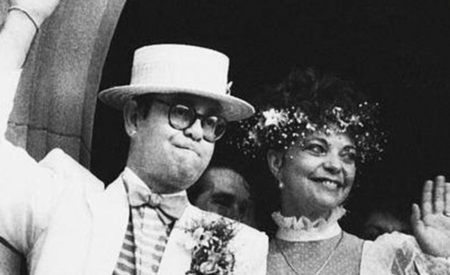Representatives from the Transferor Representatives’ Council highlight concerns that students expressing traditional views on homosexuality are being marginalised, igniting debate on the balance between moral beliefs and educational content.
In a recent session of the Northern Ireland Assembly’s Education Committee, representatives from the Transferor Representatives’ Council (TRC) brought to light concerns regarding the treatment of students expressing ‘traditional’ – ie outdated – views on homosexuality. Dr Andrew Brown, representing the Presbyterian Church in Ireland (PCI) on the TRC, reported an incident involving sixth-form pupils who were labelled as bullies during a workshop held as part of Anti-Bullying Week in November. The incident reportedly occurred when these pupils expressed the belief that homosexuality was wrong, leading to them being publicly criticised by the workshop leader.
Dr Brown highlighted during the committee session that the current educational environment may deter individuals from expressing their personal viewpoints, particularly if these views are deemed politically incorrect by contemporary standards. He underscored the importance of teaching students to engage in critical thinking, which includes the ability to examine diverse world views, emphasizing that education, particularly in the domain of Relationships and Sexuality Education (RSE), cannot be approached from a neutral standpoint. RSE, mandated to cover topics such as access to abortion and early pregnancy prevention across Northern Ireland’s post-primary schools, fosters discussions that inevitably intersect with moral and ethical beliefs.
The framework for RSE was established under the regulations set forth by former Northern Ireland Secretary Chris Heaton-Harris, earlier in 2023. This curriculum development has sparked conversations regarding how moral and factual educational content should coexist, particularly in sensitive areas encompassing sexuality and personal beliefs.
Dr Brown’s testimony included concerns that students holding certain religious or personal views are being marginalised and that this ethos extends to the wider educational policies in force. He recounted the scenario where students’ views were categorised as bullying, which he argued disregards the complexity of individual and cultural perspectives.
Further debate arose during the committee meeting when Sinn Féin MLA, Pat Sheehan, questioned the implications of schools maintaining that homosexuality is morally wrong. In response, Dr Anita Gracie from the Methodist Church mentioned that while schools are obligated to provide a safe environment for all pupils, they also must navigate a non-denominational Christian ethos that welcomes diverse beliefs. She stressed that teachers receive training designed to prevent homophobic remarks, aiming to ensure that all students feel safe and supported.
Dr Brown added that controlled schools offer education to pupils of all faiths and beliefs, asserting that no school he was aware of endorses a view that categorically denounces homosexual individuals or regards them as morally lesser. He insisted that discussions around RSE must consider the balance between factual teaching and moral guidelines.
Source: Noah Wire Services


















